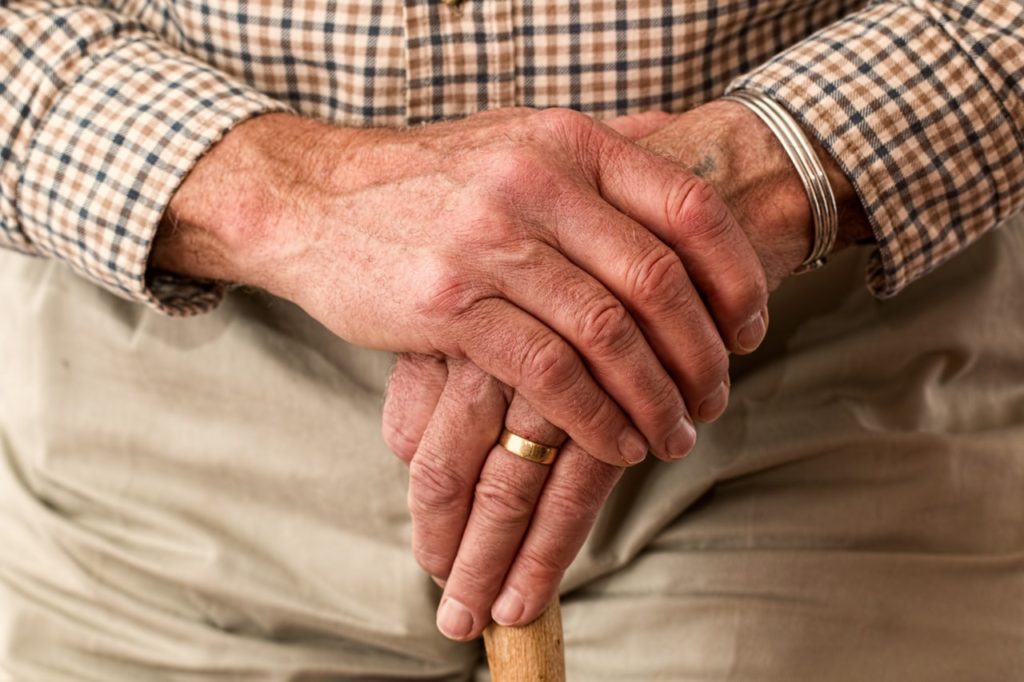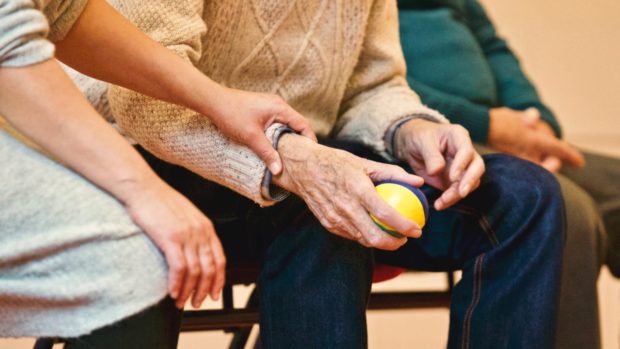There’s no doubt about it; improvements in science, health and medicine are enabling both men and women to live longer than ever before. So, although the average UK life expectancy recently stopped improving for the first time since 1982, the average man is now living until the ripe old age of 79.2!
This is creating an ageing population in the UK, whilst simultaneously increasing the number of people residing in care homes. Overall, this number peaked at around 416,000 back in 2016, accounting for 4% of the population aged 65 and older.
It’s clear that an increase in the number of people requiring social care is problematic, whether you consider the burden placed on the state pension or the ability of facilities to optimize people’s quality of life. In this post, we’ll explore how the quality of life of people living in care homes can be improved:

Music Therapy
Whilst most of us enjoy music and have our own favorite brands, we’re now becoming increasingly aware of its ability to treat a variety of neurological disorders and diseases.
This is due to the physical effects of certain sounds on the physical form, and the impact that music can have on the memory and cognitive performance of the brain.
This has numerous connotations for those in social care, who can leverage music to improve their memory recall, enhance mood and allow individuals to regain a sense of identity.
In the case of so-called music therapy, it’s possible to evoke powerful and positive memories within individual patients, by enabling them to create their own music either on their own or as part of a group.
So long as the music is customized to suit each patient, this type of therapy can prove to be incredibly effective!
Art Therapy
On a similar note, art therapy is another exceptional way of helping patients to connect to their lives and the loved ones who live alongside them.
Like music therapy, this can also put patients in touch their creative sides, whilst empowering them to tell meaningful stories and facilitate memory.
In this instance, the term ‘art’ can be used flexibly too, as it can focus on everything from painting to sculpting to cooking, crafting and any form of viable creative expression.
This is proven to empower patients to take meaning from the confusion and chaos that can engulf their minds, whilst affording them the ability to take control of the world around them.
Engage in Social Activity
Throughout our lives, we forge deep and meaningful social connections in the form of friends, family members and colleagues.
We may struggle to maintain these connections as we grow older, however, particularly as we lose our independence and struggle to remain as mobile as we did during our youth.
Make no mistake; social care facilities must enable patients to maintain their existing social connections where possible, whilst also empowering them to forge new ones with fellow residents.
This can be partially achieved by creating a welcoming and interacting environment, creating a scenario where people can negate the type of cognitive decline that’s synonymous with loneliness.
Service providers like Allied Fleet can also provide practical help in this regard, as they provide functional and accessible transport that enables care home residents to escape their surroundings and enjoy immersive day trips.










